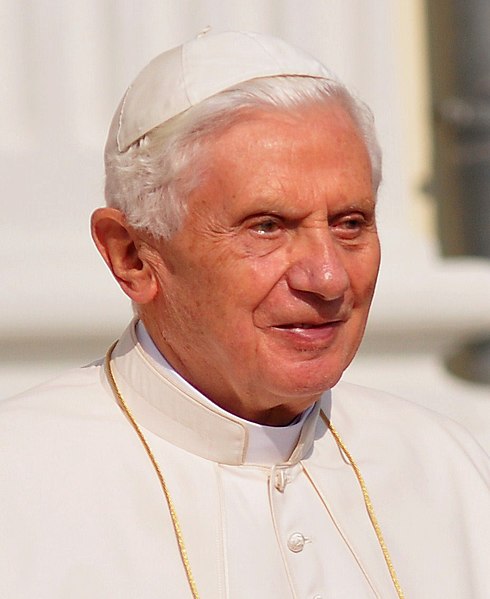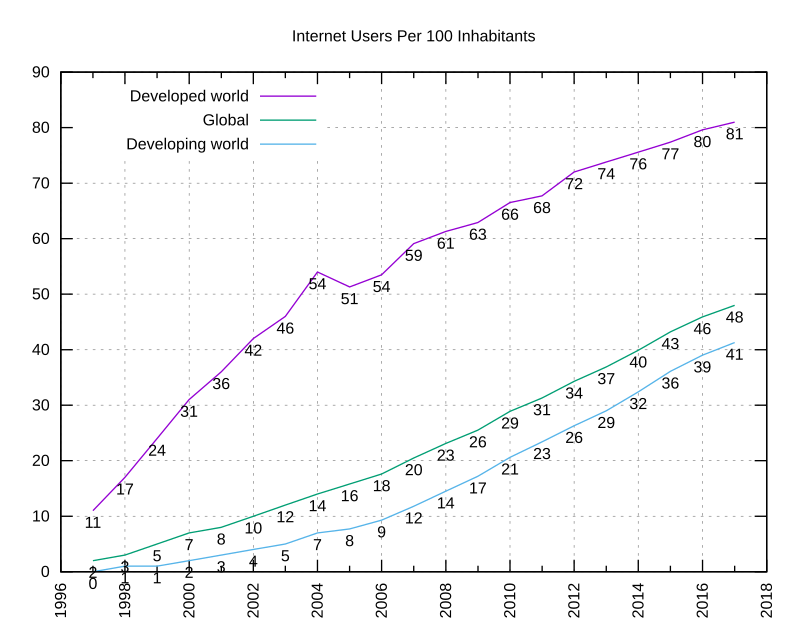The Ascension, Theophanes the Cretan, 1546 [Web Gallery of Art]
Readings
(New
American Bible: Philippines, USA)
Readings
(Jerusalem Bible: Australia, England & Wales, India
[optional], Ireland, New Zealand, Pakistan, Scotland, South Africa)
Gospel
Luke 24:46-53 (Revised Standard
Version – Catholic Edition)
Jesus said to his disciples, "Thus
it is written, that the Christ should suffer and on the third day rise from the
dead, and that repentance and forgiveness of sins should be preached in his
name to all nations, beginning from Jerusalem. You are witnesses of these
things. And behold, I send the promise of my Father upon you; but stay in the
city, until you are clothed with power from on high." Then he led them out as far as Bethany, and
lifting up his hands he blessed them. While he blessed them, he parted from
them, and was carried up into heaven. And
they worshipped him, and returned to Jerusalem with great joy, and were
continually in the temple blessing God.
Readings for Seventh Sunday of Easter, Year C
[In countries that observe Ascension Thursday]
Readings (New American Bible: Philippines, USA)
Readings (Jerusalem Bible: Australia, England & Wales, India [optional], Ireland, New Zealand, Pakistan, Scotland, South Africa)
Antiphona ad introitum, Ac 1:11
Viri Galilaei, quid admirámini aspiciéntes in caelum?
Quemádmodum vidístis eum ascendéntem in caelum,
ita véniet, alléluia.
Entrance antiphon, Acts 1:11
Men of Galilee, why gaze in wonder at the heavens?
This Jesus whom you say ascending into heaven
will return as you saw him go, alleluia.
+++
When I came home to Ireland on vacation from the Philippines in 1994 before beginning six years as vocation director I took a short course for missionaries in the use of computers given by a religious sister who had worked in an African country for many years. She wasn't the best teacher I've ever had in teaching the 'mechanical' basics of her subject but she was a wonderful motivator. Although the internet was still in its infancy she told us stories of how it had helped save lives in the country where she worked.
Some years ago when checking my email in the Philippines I found myself 'chatting' with a friend, a Filipina married to a Westerner and living in her husband's country. I'll call her Maria. It was clear to me very quickly that she was going through a crisis and thinking of doing the worst to herself. At the time she 'hated' everyone except me and 'didn't believe' in God anymore.
I was able to help Maria see that the issue wasn't any of the things she mentioned but was within herself. I also got her to agree to meet a priest in her own area, someone I had never met and still haven't. But I was able to contact him through email, having got his address from someone else whom I have never met in person.
I learned later that that meeting with the priest was to be a turning point for my Maria. She was able to face the world again with hope and hasn't looked back since.
At the time this happened I had come to know a 16-year-old girl in the Philippines who had been made pregnant by her boyfriend. I'll call her Ana. I'm not sure to what degree she had consented to the activity that led to her carrying a baby. She was from another part of the country but was welcomed by religious sisters who run a home for girls, most of whom have had pretty bad experiences. Ana was was very angry and part of that anger was directed at the baby she was carrying.
I told Maria about Ana. One of the ironies was that Maria couldn't have a child, a great sorrow to her and her husband. Despite her 'not believing' in God I asked her to pray for Ana, something she readily agreed to do, and told her that I would ask Ana to pray for her. When I met Ana a day or two later she too readily accepted her mission of prayer.
Shortly after that we celebrated the feast of the Visitation. After Mass I asked Ana if she would like me to bless her and the baby in her womb. She was happy with this and later told me that she had felt the baby moving for the first time. More importantly, her anger had disappeared. Some time later she was able to go home to her own family and delivered her baby there.
This incident opened my eyes to the truth of what the Sister who gave us classes on the use of computers and the internet had told us. Here was I at my computer in the Philippines when 'by chance', the 'chance' being undoubtedly the Holy Spirit, giving crisis counselling to a friend on another continent and helping her to meet someone I had never met who could listen to her in person.
Pope Benedict XVI (2011)
The theme of this year's message is Social Networks: portals of truth and faith; new spaces for evangelization. I found myself 'chatting' on what was a fledgling social network. In his last few messages for World Communications Day Pope Benedict has been emphasising the importance of what he called 'this digital continent', which is a place where perhaps most young people have a sense of belonging.
In this years' message Pope Benedict wrote [emphases added]: The challenge facing social networks is how to be truly inclusive: thus they will benefit from the full participation of believers who desire to share the message of Jesus and the values of human dignity which his teaching promotes. Believers are increasingly aware that, unless the Good News is made known also in the digital world, it may be absent in the experience of many people for whom this existential space is important. The digital environment is not a parallel or purely virtual world, but is part of the daily experience of many people, especially the young. Social networks are the result of human interaction, but for their part they also reshape the dynamics of communication which builds relationships: a considered understanding of this environment is therefore the prerequisite for a significant presence there.
In so many scenes in the gospels Jesus seems to meet individuals in distress 'by accident', lepers, blind persons, deaf persons, someone whose young daughter is dying, sinners. Jesus always responded to these, healing them, forgiving them, giving his full attention to them. His response to each of these persons was the Good News for them.
My response to Maria was the Good News for her when we 'accidentally' met on a developing social network.
Jesus tells us in the gospel today: Thus it is written, that the Christ should suffer and on the third day rise from the dead, and that repentance and forgiveness of sins should be preached in his name to all nations, beginning from Jerusalem. You are witnesses of these things.
Preaching repentance and forgiveness are expressions of God's limitless mercy, which Pope Francis has been emphasising so strongly. And whether or not we live in 'this digital continent' - I've read that Pope Francis didn't even use email when he was Archbishop of Buenos Aires - all of us are called to be witnesses of these things. That day the Holy Spirit led me to open my email I was one of the witnesses of these things to Maria and she encountered the merciful Risen Lord, not in Jerusalem but in 'this digital continent'.
Pope Benedict's 'Digital Continent' [Wikipedia]



No comments:
Post a Comment